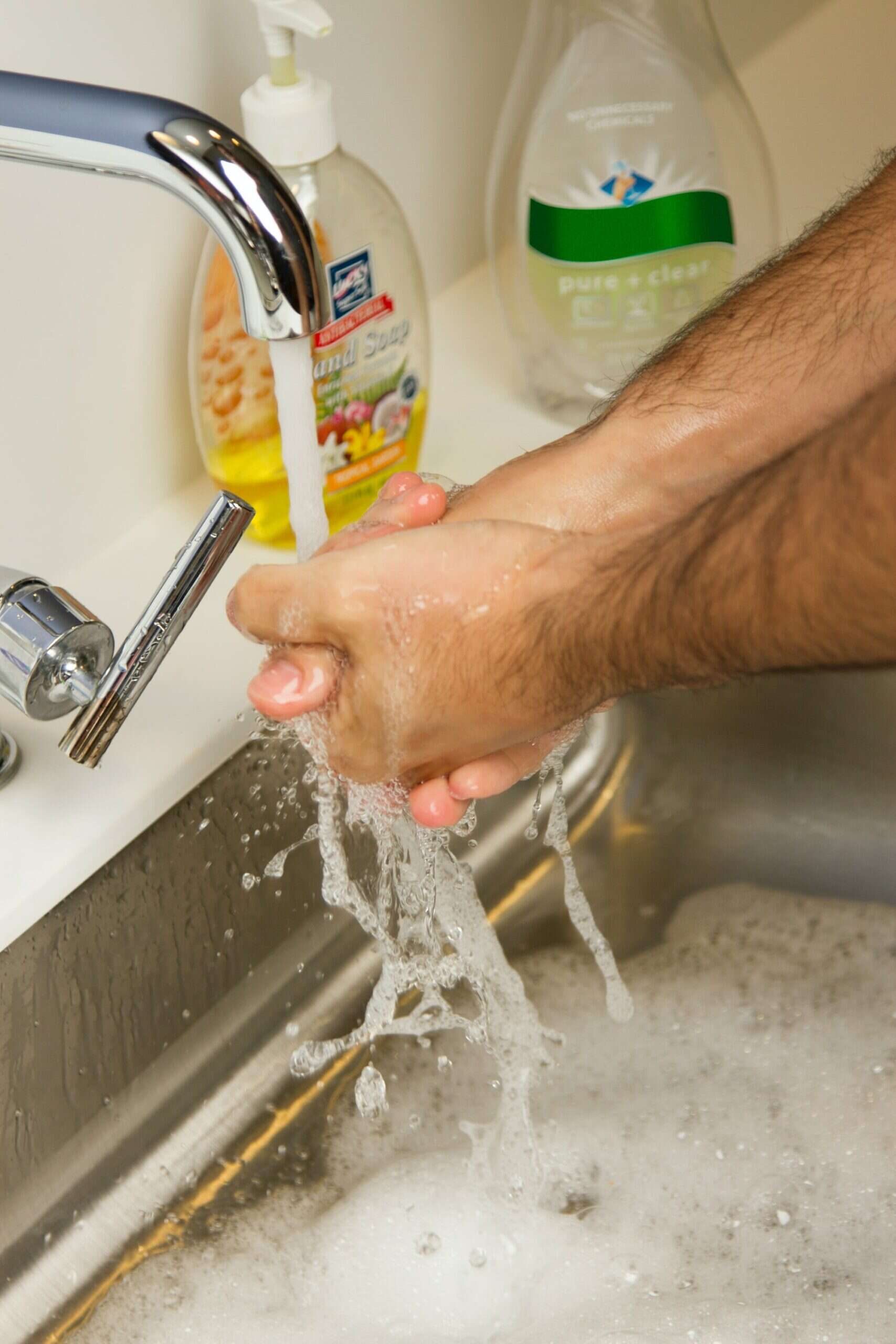There is no excuse to let yourself get sick.
How does the flu virus enter the body?
The flu and other diseases can spread through direct contact, such as shaking hands, contact with small droplets that form when a person sneezes or coughs, and contact with objects such as tissues or handkerchiefs that have been touched by an infected person. You need to keep your hands clean to avoid the flu and other harmful infections. Utilizing hand-washing correctly is a great way to help prevent these illnesses from spreading.
Why is washing hands necessary?
You should be taking time to wash your hands before, during, and after you prepare food. Not only will this reduce the risk of spreading harmful bacteria and viruses to other people in your household, it will also keep you from getting sick yourself by keeping the harmful germs away from you.
How does hand washing prevent and control infection?
- The main reason for washing your hands is to remove harmful diseases transferring bacteria and viruses from your hands and body into the air. Remember that not just any soap will do; using soap specifically formulated for hand washing is essential if you want to stop these illnesses from spreading.
- Hand-washing is the most important step in preventing the spread of germs. Throughout the course of a day, your hands pass through many different substances that can transmit diseases. Before, during, and after eating, before and after any contact with others such as employees at work or members of the public at play, and before and after using objects such as telephones or TV remote controls. Always remember to wash your hands after touching money, doorknobs, and other objects that have come in contact with germs.
- Hand-washing can reduce the chance of spreading hundreds of common illnesses: such as the flu, infection by salmonella poisoning, and food poisoning. Even a small amount of hand-washing could save you from getting sick. The best times to wash your hands are before you eat and after using the bathroom. Good hand-washing practices include washing your hands with warm water and soap, scrubbing between fingers and under fingernails, ensuring thorough rinsing of all soap, and drying with a clean towel.
Hand hygiene is now considered as one of the most important element of infection control activities so what are five important rules for proper hand washing? Learn here how to properly wash the hands.

